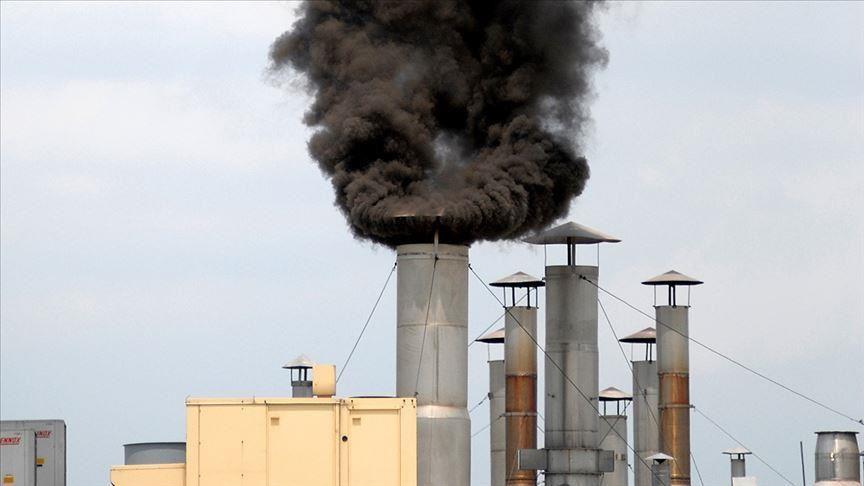If the current coronavirus-hit oil markets remain unchanged, the oil and gas income of vulnerable developing countries are expected to fall by up to 85% in 2020, according to a joint statement by the International Energy Agency (IEA) and the Organization of Petroleum Exporting Countries (OPEC).
The Executive Director of the (IEA), Fatih Birol, and the Secretary General of OPEC, Mohammad Sanusi Barkindo via telephone discussed the impacts of the grave global health crisis caused by the coronavirus (COVID-19) on the stability of economies and markets in developing countries.
Pointing to inherent risks of the fast-evolving dynamics, including the most recent developments in the global oil markets, the two leaders agreed that citizens of developing countries and those who rely heavily on income from oil and gas production for essential services are particularly vulnerable to these material impacts and market volatility.
Reviewing the impact on vulnerable developing countries, Birol and Barkindo noted that "if current market conditions continue, their income from oil and gas will fall by 50% to 85% in 2020, reaching the lowest levels in more than two decades, according to recent IEA analysis."
The coronavirus pandemic is causing weak global oil consumption and low economic activity around the world. Saudi-led OPEC and Russia-led non-OPEC failed to agree a deal during their latest meeting on March 6 to provide deeper cuts in their oil production levels.
The following Friday on March 13, crude oil prices recorded an almost 20% weekly loss, and posted the largest weekly decline in 29 years due to coronavirus-related low demand coupled with the risk of growing oversupply. To make matters worse, Saudi Arabia and Russia are preparing to ramp up their oil production levels in April - a move that is set to increase the glut of supply and put further pressure on prices.
This also comes at a time amid the cancellation of the meeting of the Joint Technical Committee (JTC) of OPEC and non-OPEC countries that was scheduled to take place on March 18.
Birol and Barkindo said the situation might have major social and economic consequences, notably for public sector spending in vital areas such as healthcare and education.
They both emphasized the importance of finding ways to minimize the impact of the current situation on vulnerable developing countries. They agreed to remain in close contact on the matter and continue their regular consultations on oil market developments.
By Sibel Morrow
energy@aa.com.tr
Anadolu Agency


